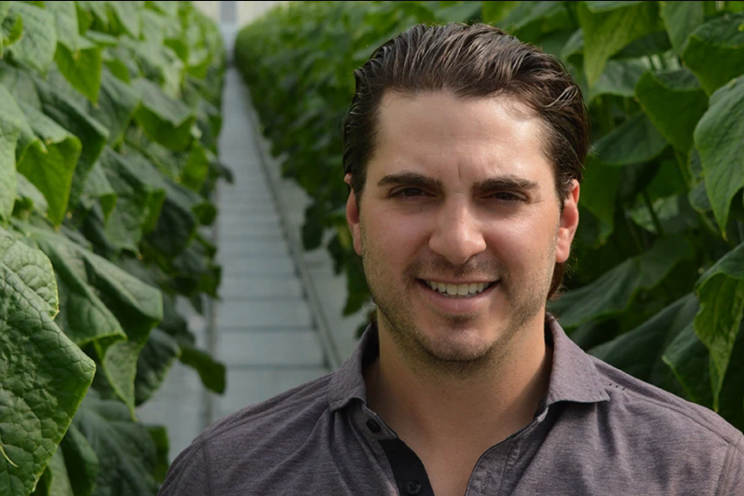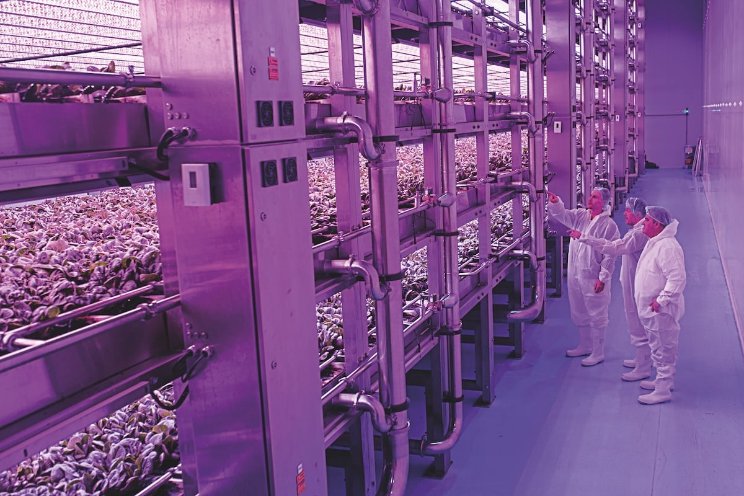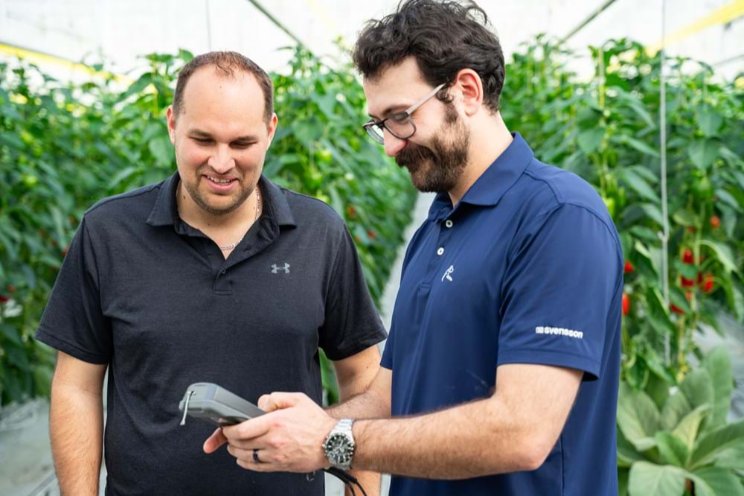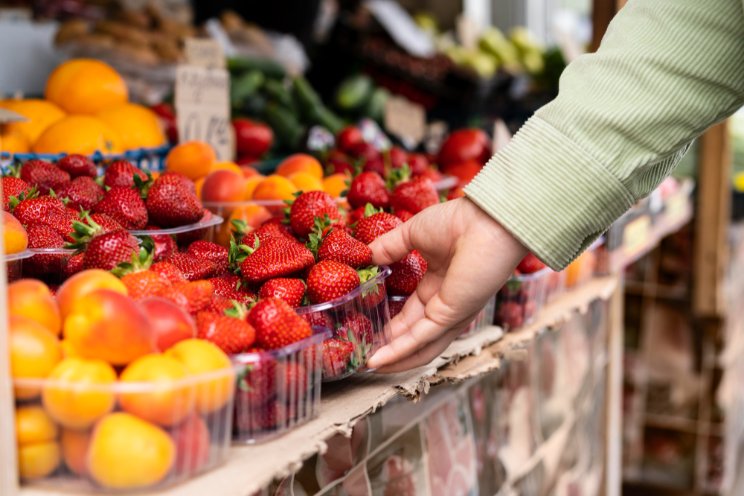Horticulture aims to 'spearhead' post-Covid recovery
Added on 28 July 2020
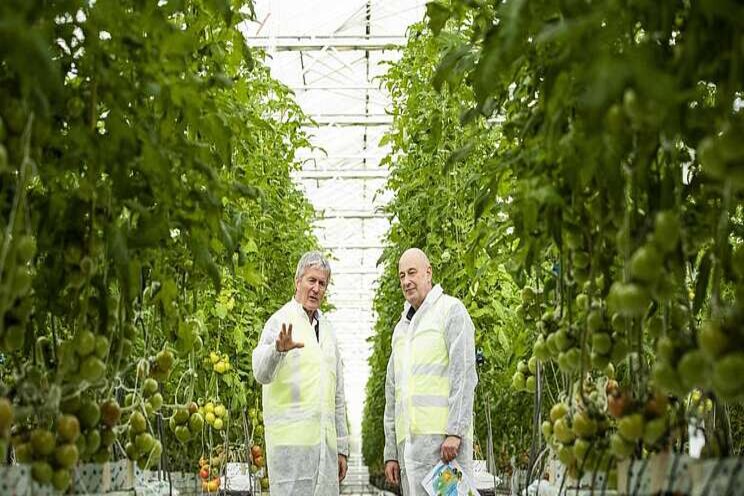
From the glasshouses of grower JS Ewers Ltd at Appleby, near Nelson, Horticulture New Zealand chief executive Mike Chapman on Thursday launched the "industry-led, government-enabled" strategy.
"The outcome we are all looking for is growth, jobs and regional economic prosperity, within the context of the broader recovery," Chapman said.
Agriculture Minister Damien O'Connor said the Government was looking forward to working with the industry on the strategy.

BRADEN FASTIER/STUFF
The horticulture industry says it's well placed to lead the country's post-Covid economic recovery.

SUPPLIED
Horticulture New Zealand chief executive Mike Chapman says growth, jobs and regional economic prosperity, within the context of the broader recovery, is the outcome sought.
"This is a full industry strategy. It was presented to the Government; it's not ours. It's come with a number of recommendations and we have committed to work with the industry."
Chapman said that during the Covid-19 lockdown, the sector worked closely with the Government "to ensure that the industry could keep growing and harvesting so that New Zealanders and overseas customers could continue to buy fresh vegetables and fruit".
"The success of this new level of co-operation led to the conclusion that it would be great if we all continued to work together to develop a strategy combining industry and government expertise to ensure that horticulture is able to maximise its contribution to New Zealand's post-Covid recovery," Chapman said.

LUZ ZUNIGA/STUFF
The area planted in apples and pears across New Zealand is tipped to grow from 10,250ha to 15,000ha by 2030, creating 2349 permanent and 12,757 seasonal jobs.
Employing 60,000 people in an industry worth $6.39 billion in 2019, the horticulture sector was made up of a range of industries including apples and pears, kiwifruit, avocados and vegetables. Pre-Covid, the sector was forecast to grow to $10 billion by 2030.
New Zealand Apples and Pears chief executive Alan Pollard said horticulture was well placed in New Zealand and globally to lead the recovery.
"Our produce is recognised and trusted domestically and around the world for quality, freshness and safety, and we are global leaders in environmental, social and cultural sustainability," Pollard said.
The Horticulture Post-Covid Recovery Strategy covers trade and market access; labour, capability and skills; climate change and natural resources; improved and sustainable production systems; telling the "horticulture story"; partnership with M?ori; technology and innovation; diversity; big data and removing barriers to growth and success
Under a section called It's all about jobs, the strategy says production growth translates to jobs. Apple industry research in 2018 showed the industry export value was forecast to increase from $777m in 2018 to $2 billion a year by 2030. The area planted in apples and pears is tipped to grow from 10,250ha to 15,000ha by 2030, creating 2349 permanent and 12,757 seasonal jobs.
New Zealand Kiwifruit Growers Incorporated chief executive Nikki Johnson said the horticulture sector looked forward to increasing its collaboration with the Government.
New Zealand Avocado chief executive Jen Scoular said the horticulture industry and Government were now concentrating on a series of work streams to determine how the outcomes would be delivered and the support that would be required.
In the strategy, the "Government support" work stream includes identifying and considering improvements to regulations, policies, processes, systems or decision-making protocols "that industry feel have created barriers that inhibit trade, food security and environmental sustainability or are no longer fit for purpose".
Other points include the removal of any bottlenecks in processes for bringing into New Zealand new, improved chemistry, bio-controls and bio-pesticides to enable a "wider and more environmentally friendly range of crop protection measures".
Vegetables New Zealand chief executive Antony Heywood said there was a wealth of expertise in the horticulture sector that was "often compromised" by a lack of government insight into and understanding of the industry.
"That's why I am so positive about this strategy," Heywood said. "It will improve communication and provide a mechanism for horticulture and government to work together to address the challenges that would otherwise hold our industry back, especially during the post-Covid recovery."
Source: Stuff
Photo: Agriculture Minister Damien O'Connor, left, and Horticulture NZ chief executive Mike Chapman discuss the industry's post-Covid recovery strategy at JS Ewers growers in Appleby, near Nelson. BRADEN FASTIER/STUFF
Source: Stuff
More news

